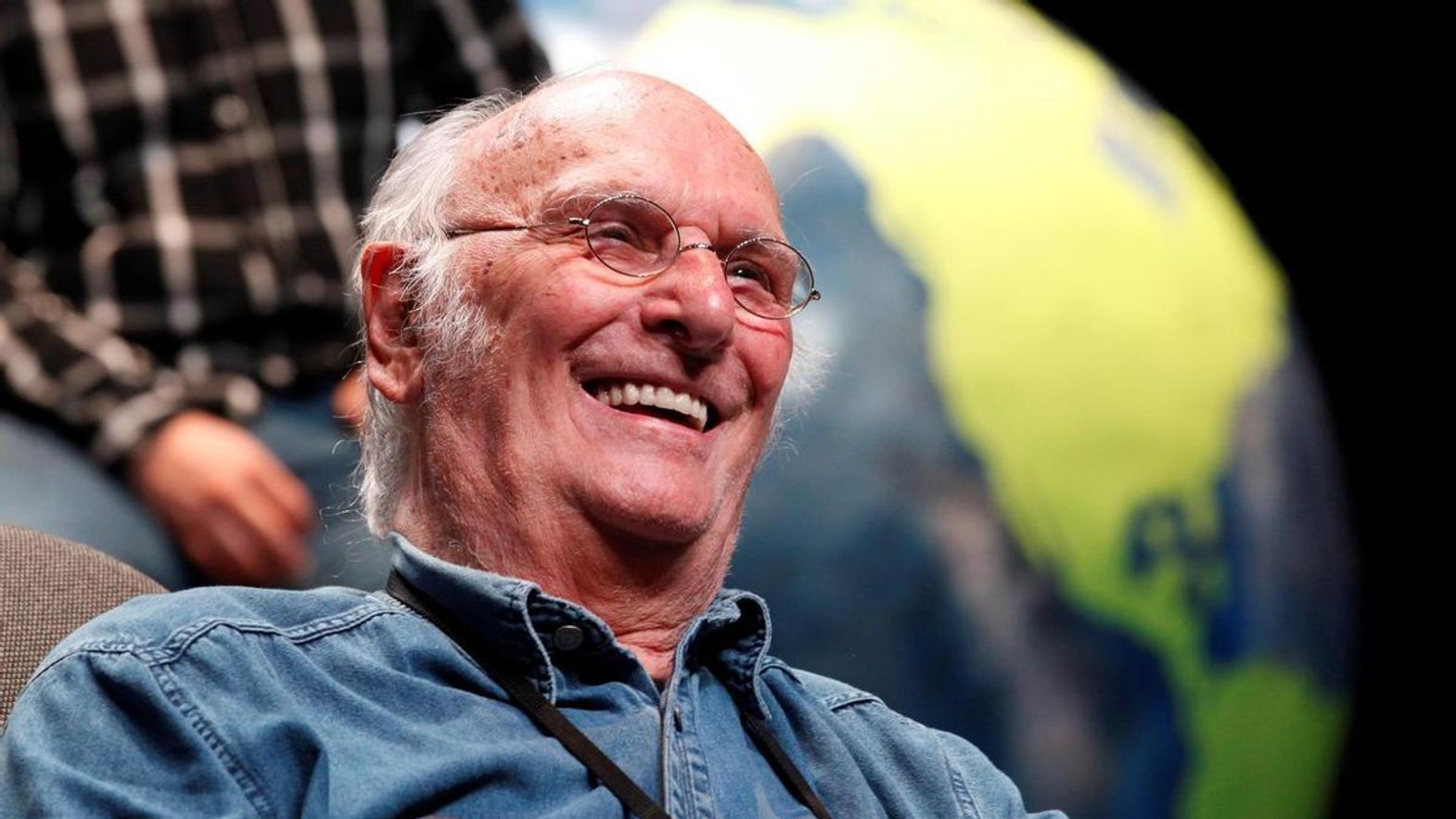 Credits: DR.
Credits: DR.
Carlos Saura was a comrade. A comrade of travel and in a strictly political sense. In Franco's Spain, he was the voice that reported to us about the country's state. An extraordinary filmmaker with an infallible gaze. And who always refused to bend to the dictates of ideology and content. He knew how to modulate surrealism and political observation. Polemical invective and astonishment. His creative arc was impressive in quality, diversity, and expressive coherence. He permanently renounced the temptation to repeat himself. From the 1960s onwards, he explored different ways of dealing with dictatorship, working on its flanks but never diluting the indictment—many masterpieces. La caza, (1966), Peppermint Frappé, (1967), Ana y los lobos (1973), Cría cuervos (1976), to name but the best known. At the dawn of the 1980s, he reinvented himself in the sign of Flamenco and the musical, silencing those who thought he had died out artistically. Bodas de sangre, inspired by Lorca, Carmen, and El amor brujo the key titles of this extraordinary creative arc of the 1980s. In the following decade, he scored such gems as ¡Ay, Carmela, El sur, ¡Dispara! and the black Taxi, a relentless analysis of the persistence of fascism. Saura was a key director in Spanish, European, and world cinema. He was at home in Locarno. We owe him so much. And we will miss his gaze.
Giona A. Nazzaro